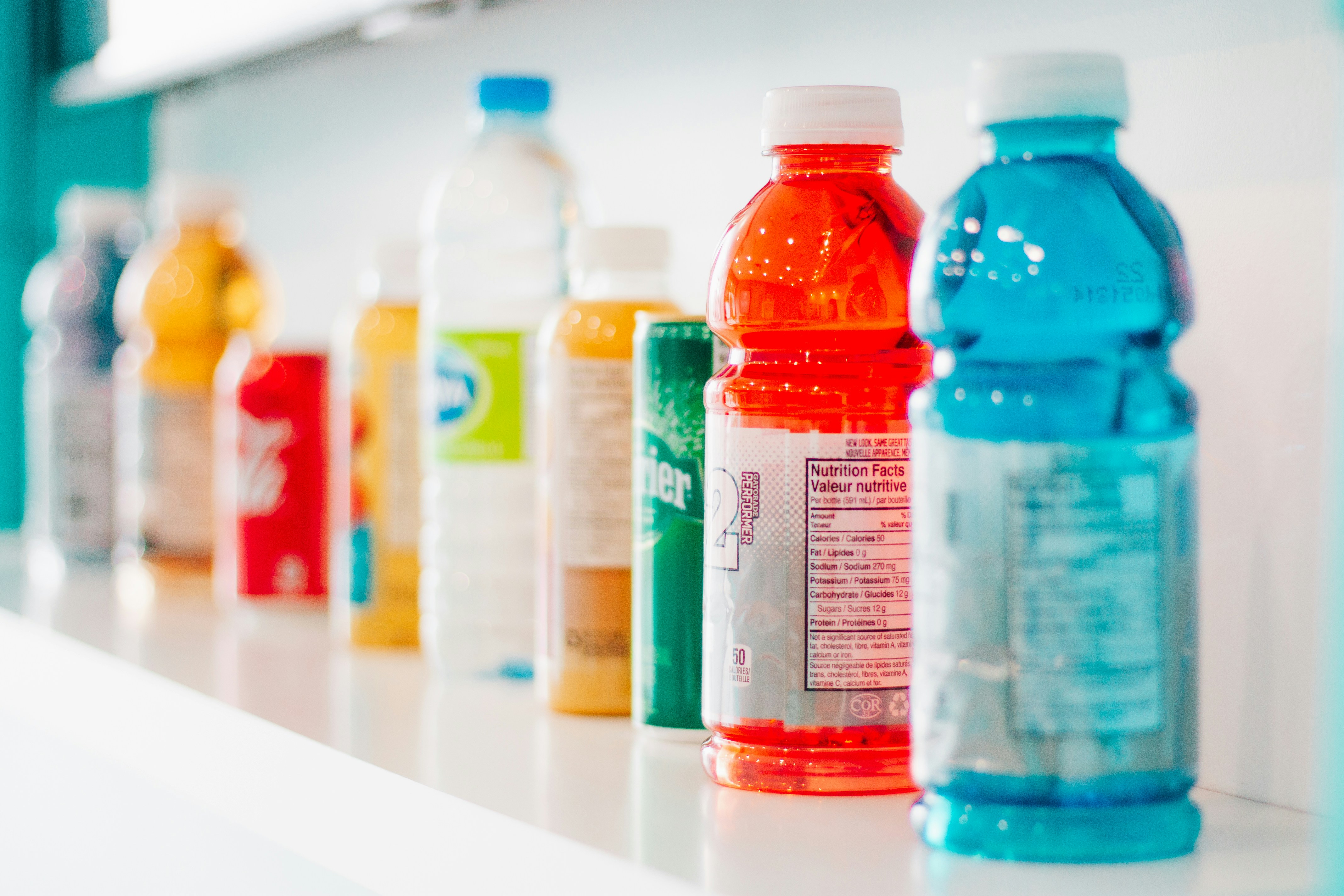🧬 Why Timing Matters: The Role of Post-Exercise Nutrition in Recovery
When it comes to performance and recovery, athletes often focus on what to eat—but when you eat might be just as important.
A recent systematic review and meta-analysis published in Frontiers in Nutrition (Cheng et al., 2025) brings fresh insight into the impact of post-exercise nutritional timing on fatigue and recovery. Here’s what it means for you as an endurance athlete.
⏱️ What the Study Looked At
Researchers analysed multiple studies that examined nutritional supplementation taken immediately after exercise versus later. They focused on how this timing influenced:
- Fatigue levels
- Muscle recovery
- Performance restoration
Importantly, they included a variety of athletes—from endurance to resistance-trained—and considered several supplement types, primarily protein and carbohydrate combinations.
🧠 Key Findings
1. Sooner is better.
Taking in nutrition—especially protein + carbohydrate—immediately after exercise was linked to:
- Reduced muscle soreness and fatigue
- Faster glycogen replenishment
- Better recovery of strength and performance
2. Delays reduce effectiveness.
Waiting too long post-exercise (e.g. more than 2 hours) may blunt these recovery benefits, especially in multi-session training days or back-to-back race weeks.
3. Not one-size-fits-all.
Responses varied depending on training background, session intensity, and supplement type. Still, the trend toward benefit with prompt intake was consistent.
🍌 Practical Takeaways for Athletes
- Aim to refuel within 30 minutes of finishing your session.
- Use a combo of protein (20–25g) and carbohydrate (1.0–1.2g/kg) to kick-start recovery.
- A simple recovery snack might include:
- A recovery shake
- Yoghurt with fruit
- Milk + banana + oats
🧪 Why This Matters
Whether you’re training five times a week, doing double sessions, or preparing for race day, recovery is your gateway to adaptation. The faster you recover, the better you can train next time.
This study reinforces that nutrient timing—along with total intake—should be part of your recovery strategy.
If you’re unsure how to build a recovery routine tailored to your needs, we’re here to help. Our 1:1 consultations cover all aspects of endurance nutrition, from fuelling to timing and everything in between.
💬 Ready to level up your recovery game?
Let’s talk. Book a consultation
More related to this articles

Electrolytes: Why They’re Overrated (and When You Actually Need Them)
Electrolytes are one of the most overhyped products in sports nutrition. While brands push powders and tablets as everyday essentials, most athletes don’t actually need them for regular training. Water and a balanced diet provide more than enough for sessions under an hour. Electrolytes only become useful in hot conditions, during long endurance events, or for athletes with heavy sweat losses. The takeaway? They’re a tool for specific situations, not a daily performance hack.

Forget Diet Culture. Here’s What Balanced Actually Means When You’re 40+

Optimising Match-Day Nutrition: What New Research Tells Us About Fueling and Recovery in Football
In elite football, small gains can make a big difference. Get your nutrition protocols in check.
.svg)

